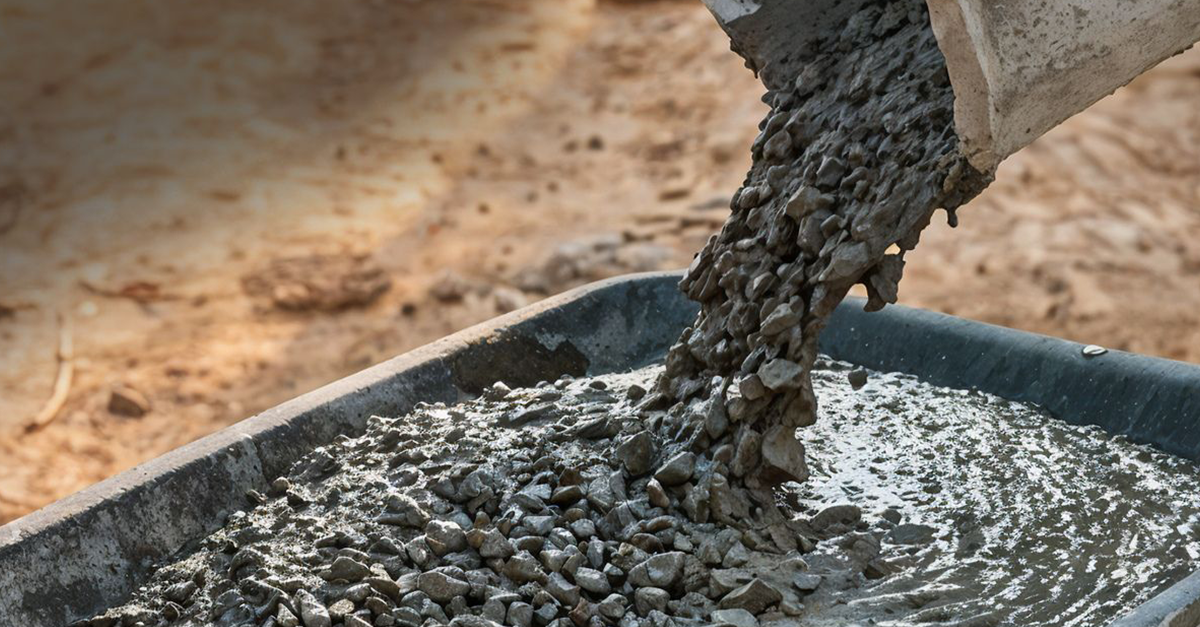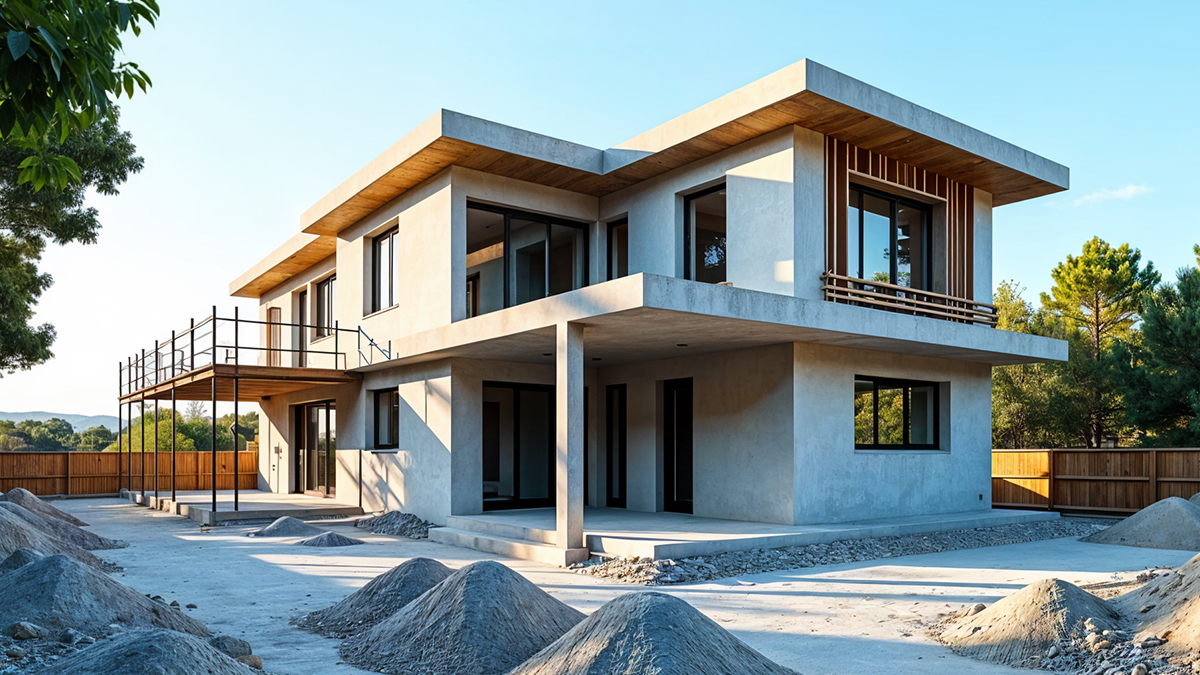
5 Common Cement Mistakes to Avoid if you’re a Building Construction Company
- Dec 20
- 4 min read
Erecting a skyscraper or building a high-strength bridge, concrete cement is the backbone of construction. But, completing a construction project is not a matter of simply hiring a building construction company, pouring concrete, and installing slabs. It takes a lot of planning, preparation, and thought if you want your concrete cement to offer you value for money. In fact, if you want your construction project completed without a hitch you must avoid these 5 mistakes.
5 Common Mistakes to Avoid if you are a building construction company
1. Not preparing the site properly
Prior to pouring concrete in a site, project managers must ensure that the area is well compacted and debris cleared. Failure to prepare the area can result in the concrete setting incorrectly, leading to cracks and structural weaknesses down the line. It is advised to hire a professional site preparation agency to help prepare the site prior to applying cement.
2. Using the wrong mix of cement
Using the wrong mix of concrete cement happens to be a common mistake that construction companies commit resulting in weak and brittle structures and can verywell lead to can lead to early wear and tear. In the market there are different varieties and grades of concrete mixes available each with different characteristics, strengths, and weaknesses.
3. Incorrectly curing the concrete
Curing is the process of drying and hardening the concrete to ensure that it is up to its fullest strength. Failing to cure the concrete correctly can lead to the structure cracking and developing surface defects. Curing paves the way for a reaction between cement and water, which is a necessity for the concrete to develop its full strength and durability.
4. Failing to protect the concrete
Even if you invest in the best cement in India for house construction you must protect the concrete after curing to maintain its strength and durability. The cementitious materials about the property must be kept moistened to maintain hydration. Covering the concrete with wet burlap sacks can prevent the moisture from dissipating too early and also protect the cement from direct sunlight and wind. It also prevents discoloration and blemishing of the cement.
5. Not hiring a professional contractor
There are several reasons why homeowners must always invest in a professional contractor for constructing. Firstly, contractors come with the skills and experience to ensure your project is constructed as per compliance standards. They also help prevent delays and guarantee that the project is progressing as per schedule.
Frequently Asked Questions
Q: What is a general contractor's role and responsibility in construction?
A: When a construction project is underway, there are a multitude of intricate details- from structural integrity to aesthetic considerations that a general contractor can answer. Hiring a contractor frees up the end user from worrying about the day-to-day management of project tracking, scheduling, compliance and permits regulation.
Q: Why should I hire a local contractor?
A: Hiring a local contractor usually means that there is better accessibility to the construction site and materials and a quicker response time with respect to concerns and queries. Be it for consultation or addressing concerns during the project, a local contractor can be on-site faster than a distant or national-scale contractor.
Q: What is a building construction company?
A: A professional building construction company is one that is in the business of conducting engineering works, i.e., the development and erection of physical infrastructure. The construction company is also responsible for the renovation and maintenance of buildings and other structures. They can specialize in residential, commercial, or industrial construction projects.
Q: How do I hire a construction materials supplier?
A: To hire a construction materials supplier, you must first start by defining your infrastructural needs. You can research potential suppliers locally (offline) or nationally (online), and assess the right one for your project by evaluating their credentials. Request quotes from each of them to verify the one best suited for your project and negotiate terms after verifying logistics and support.
Trending


Related Articles

Reducing Construction Waste with Smart Sourcing and Efficient Material Use
- Dec 12
- 1 min read
Discover efficient ways to manage construction waste and explore sustainable building materials for eco-conscious, cost-effective, and greener construction projects.



